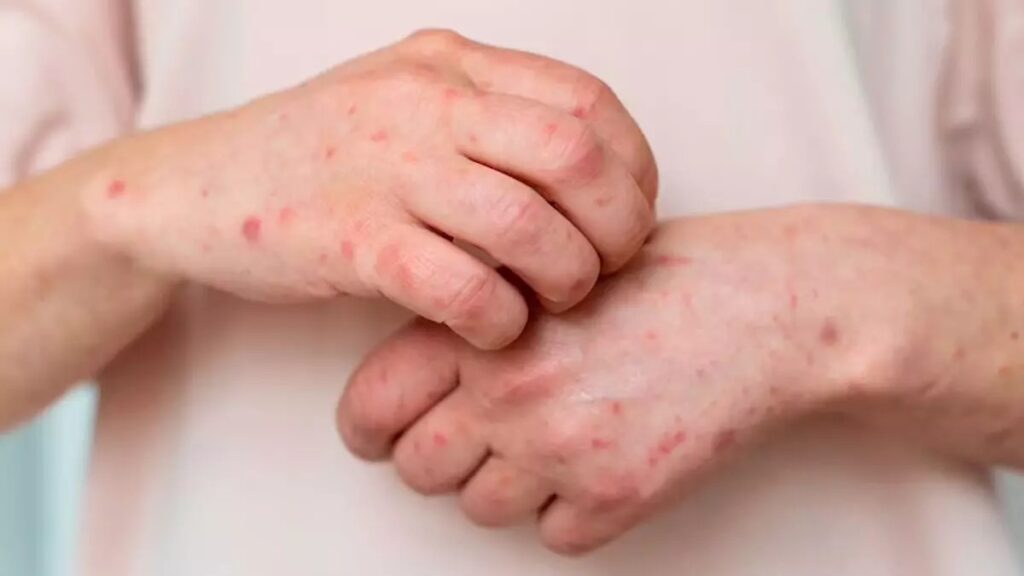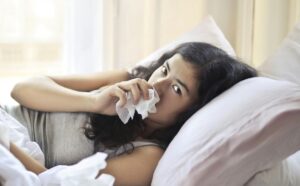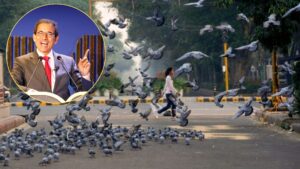Lack Of Awareness About Shingles Among Indians Over 50 Poses Health Risk

Lack Of Awareness About Shingles Among Indians Over 50 Poses Health Risk
New Delhi, March 5: A recent global study has revealed that 56.6% of Indians aged 50 and above have little or no knowledge about shingles, despite the fact that most of them carry the virus responsible for the disease. This lack of awareness raises concerns as shingles, a painful condition linked to the varicella-zoster virus (VZV), primarily affects older adults and individuals with weakened immune systems.
Conducted by Ipsos on behalf of GSK, the study surveyed 8,400 adults across multiple countries, including 500 from India. It found that only 44% of global respondents were somewhat familiar with shingles, underscoring a widespread lack of awareness about age-related health risks. In India, 61% of participants reported having chronic conditions such as diabetes, cardiovascular disease, asthma, COPD, or kidney disease, yet only 49.8% expressed concern about developing shingles.
According to Dr. Shalini Menon, Medical Director at GSK India, “It is crucial for aging individuals to recognize health risks and adopt preventive measures, including a balanced diet, exercise, regular health screenings, and discussions with healthcare providers about vaccination options.”
Understanding Shingles and Its Risks
Shingles is caused by the reactivation of the varicella-zoster virus, which remains dormant in those who have previously had chickenpox. As the immune system weakens with age, the virus can resurface, leading to painful rashes and blisters, primarily on the chest, abdomen, or face.
The condition can also result in post-herpetic neuralgia (PHN), a nerve pain that can persist for weeks, months, or even years after the rash subsides. In severe cases, shingles may affect the eyes, causing vision loss, or lead to complications such as heart attacks and strokes.
Prevention and Treatment
Antiviral medications can help manage shingles by reducing its severity and duration, while pain management strategies and corticosteroids may be prescribed for relief. However, vaccination remains the most effective preventive measure, especially for older adults and those with chronic conditions.
Health experts urge increased awareness about shingles, emphasizing that proactive healthcare measures can help reduce the risk and impact of the disease.












